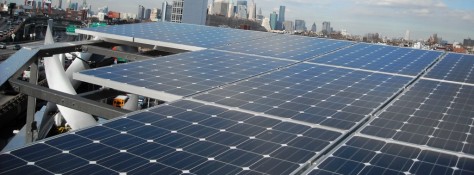With the 2023 Legislative Session now underway, the New York League of Conservation Voters’ work with lawmakers–a crucial part of achieving our goals–takes center stage. Last week, NYLCV was out in full force advocating for our 2023 environmental agenda at the New York State Capitol in Albany.
Learn MoreNews
NYLCV/NYLCVEF's annual Gala draws over seven hundred environmentalists, business leaders from the energy and environment sectors, philanthropists, politicians and government officials from across the state each year. Your participation as an honoree will highlight your efforts as a champion for the environment before the key players and stakeholders of New York's environmental community.
Learn MoreThe New York League of Conservation Voters applauds Governor Kathy Hochul on her 2023 Executive Budget proposal, which, if enacted, represents a significant step forward in our state’s fight against climate change. She made clear that addressing climate change is a priority, both in her words and in her budget actions.
Learn MoreThe New York League of Conservation Voters (NYLCV) is the only statewide environmental organization in New York that fights for
Learn MoreAction and legislation to decarbonize buildings in New York State is a top priority for the New York League of Conservation Voters in 2023. Our reason is simple: Buildings are the leading source of greenhouse gas emissions and co-pollutants in New York State.
Learn MoreGovernor Kathy Hochul’s State of the State address last week laid out several key environmental priorities that would advance the
Learn MoreGovernor Kathy Hochul’s State of the State address today laid out several key environmental priorities that would advance the state toward meeting the goals mandated in the Climate Leadership and Community Protection Act.
Learn MoreNews
New York state has reached a critical milestone in its effort and planning to become carbon neutral by 2050. After three years of review, hearings and debate, the state has released its climate action Scoping Plan, a blueprint for eliminating fossil fuel reliance in the state.
Learn More



